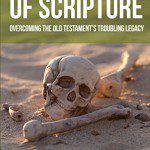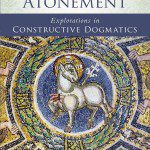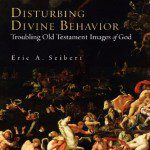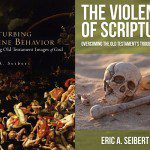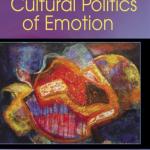I have a problem. I like used-book and thrift stores too much. I can’t help but grab stacks of books I think sound interesting. The problem is that I end up getting duplicates of titles I forgot I already had. I’ve started using Goodreads to catalog my library, and that’s helping, but I still keep finding duplicates. Lucky for you, I’ve decided to give away a stack of them! One winner will receive the books listed below: Celebration of Discipline... Read more


